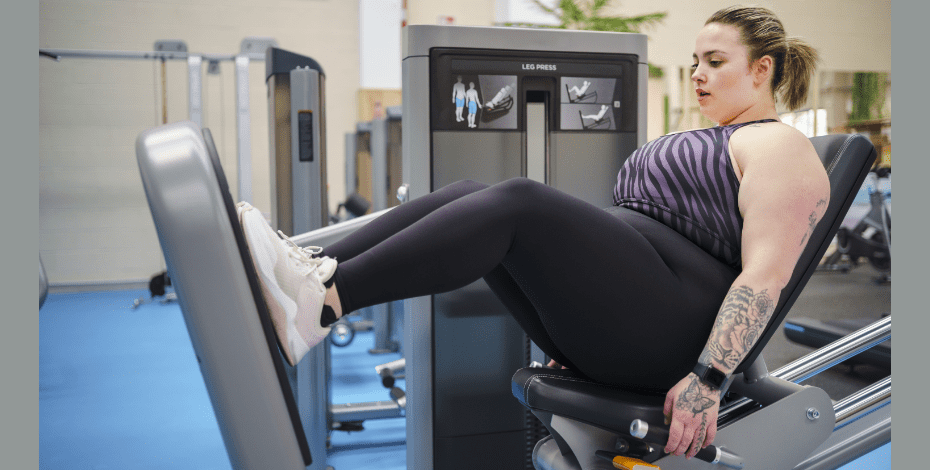
Avoiding insult after injury

In the lead up to her masterclass, Carina Siracusa explains how pelvic floor physiotherapy can counteract some of the side effects of cancer treatment.
Who would benefit most from attending the ‘Oncology and the Pelvic Floor Masterclass’?
There is a gap in care when it comes to the rehabilitation of people undertaking cancer treatment, both during and after their medical interventions.
While oncologists focus on saving the patient’s life, the priority for physiotherapists is making sure that the patient has a good quality of life afterwards.
As rehabilitation professionals, we are trying to maximise function in all patients, including cancer survivors.
One aspect of this is ensuring that patients have good bowel, bladder and sexual functioning.
Pelvic floor physiotherapists are an integral part of the cancer survivorship team.
This masterclass aims to help pelvic floor physiotherapists understand the appropriate screening techniques for patients who are being treated for cancer and the common problems that they may experience after surgery, chemotherapy and radiation.
It will also help those who are treating patients for general oncology rehabilitation ask the right questions for a proper referral to a pelvic floor physiotherapist.
Why is rehabilitation in this area so important?
Many patients are not asked the questions necessary for referral to the appropriate rehabilitation professionals, either during or after treatment for cancer.
The treatments required to put a patient in remission can be devastating to the patient’s function, both physiologically and in terms of their musculoskeletal system.
While the treatment team’s job is to save the patient’s life, the rehabilitation team is there to ensure that the patient maintains and then improves function once they are in remission.
Cancer treatment can have devastating effects on patients’ bowel, bladder and sexual function and so pelvic floor physiotherapists should be a part of that conversation.
Dysfunction in these areas adds insult to injury once the patient is in remission, making it imperative that physiotherapists are aware of the side effects of cancer treatment and of the treatment techniques used to remedy these impairments.
What can participants expect to take away and apply to everyday practice?
The masterclass will address screening questions that every physiotherapist will be able to ask their patients to determine if they would benefit from pelvic floor physiotherapy.
It will briefly cover some of the more common side effects of treatment for cancer and a set of treatment principles that pelvic floor physiotherapists can use in their current treatment plans.
This class is part of a two-day course that I hope to bring to Australia in 2022, if travel is possible.
It is designed to give all physiotherapists a taste of what the larger class will be like and to provide an overview so that physiotherapists understand the basic concepts of pelvic floor physical therapy in oncology.
Carina Siracusa will present ‘Oncology and the Pelvic Floor Masterclass’ on 14 August online.
Click here for more information and to register.
>> Carina Siracusa, PT, DPT, WCS, OnCS is a physiotherapist practising in Columbus, Ohio for a large hospital-based outpatient practice. She is board certified in both women’s health and oncology specialty physiotherapy. She teaches for the Academy of Pelvic Health Physical Therapy (a division of the American Physical Therapy Association). Her primary practice areas are neurological, paediatric, oncological and gender affirmation pelvic floor physical therapy. She has presented at numerous international conferences on these topics to physiotherapists around the globe.
© Copyright 2024 by Australian Physiotherapy Association. All rights reserved.






